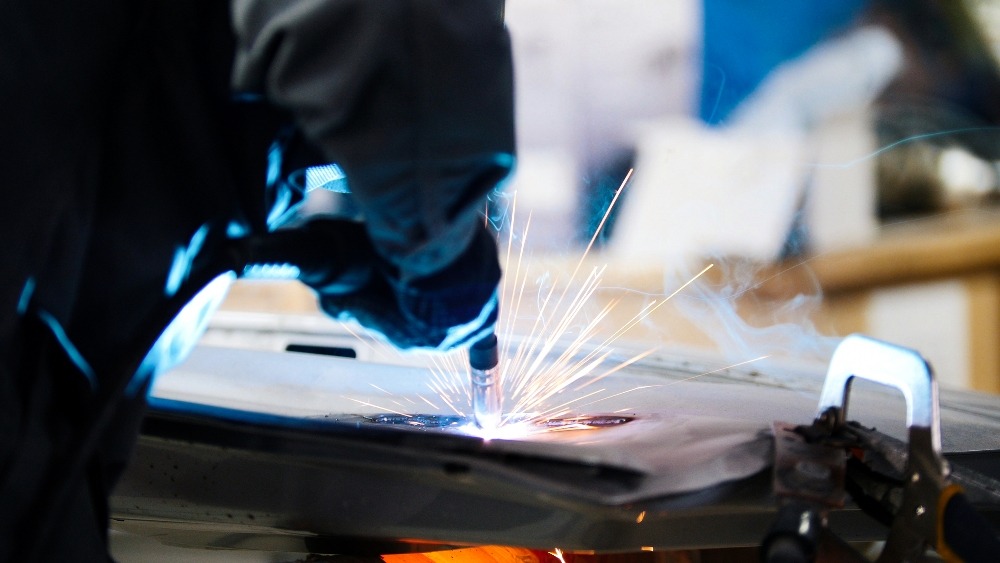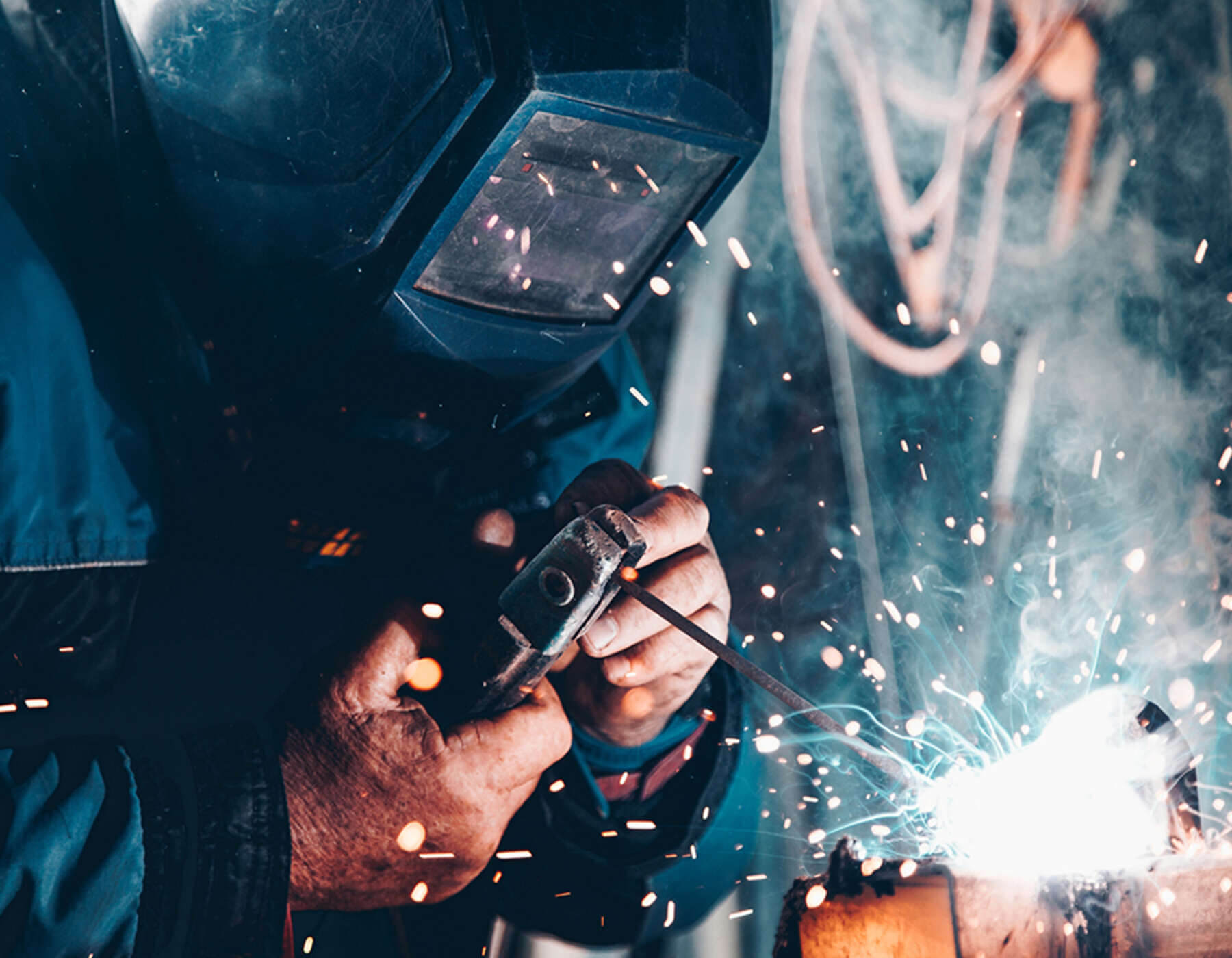
A metal fabricator is a broad term that covers many aspects of the fabrication process if not all. For example, welding, cutting, powder coating, and more – a metal fabricator can be involved in as little or as much as they are qualified and experienced to manage.
As industry specialists, metal fabricators are highly skilled professionals who can carry out a series of metal works to achieve a high-quality finished product, component, or structure.
Often associated with manufacturing, metal fabrication companies work with numerous businesses, of all shapes and sizes, across various industry sectors, making every day different and every project unique.
(Make sure to check our page on recent projects we have completed and the resources and processes we used to achieve the end result.)
But what does a fabricator do, what skills do you need to work in metal fabrication, and what are the specialist parts of the fabrication process? This post explores all of this in more detail below.
What does a metal fabricator do?
Metal fabricators’ job roles and responsibilities can vary from company to company.
However, some of their primary responsibilities will include cutting, bending, and shaping steel and other metals using a range of machinery and equipment into required and specified products and components.
Metal fabricators create these products and components from raw materials (they are not pre-made); these components can then be assembled to complete the final product.
The best part?
Metal fabricators work on a wide range of projects and with businesses in almost every sector. From handrails to steel countertops in an entertainment venue and steel art structures to steel components for the construction industry, an experienced and professional fabricator can work on it all.
Skills needed to be a fabricator
Metal fabrication is a highly skilled area that requires a person to hold several specialist skills. These skills can include:
- Welding
- Precision measuring
- Clear and in-depth understanding of safety regulations and guidelines
- Ability to operate various machinery and fabrication tools
- Maths (steel calculations and dimensions play a big role in fabrication)
- Design skills (use of CAD is often a significant advantage)
- Mechanical skills
- Attention to detail
- Ability to work with your hands.
The fabrication process
There are many specific areas within the fabrication process and not all areas will be relevant for certain projects. However, it can be essential that a metal fabricator is proficient in the majority of these specialisms.
For example:
Design and engineering – taking CAD designs and drawings through the engineering process as well as having the ability in-house to produce high-spec CAD designs based on a customer’s idea is a very precise skill for a metal fabricator and a big part of the fabrication process.
Welding – here, extreme heat is applied to the surface of a metal to melt and attach it to another metal. As the metal cools, it sets, fusing the joint together.
Cutting – steel cutting is required to create suitable shapes and sizes and requires the use of specialist tools and heavy-duty equipment.
Forming – using a range of equipment and manufacturing technology to form sheet metal into specific requirements.
CNC Profiling – using advanced cutting technology, CNC profiling allows fabricators to cut flat metal into any shape.
Coating – applied at the end of the fabrication process; at this stage, customers can change the final product’s look through powder coating or galvanising.
What qualifications are required to become a metal fabricator?
As part of the manufacturing sector, on-the-job training is still largely acceptable and can provide you with real-life experience that you may not be able to get from a textbook.
However, welding training can prove to be invaluable as this is a skill and a trade that is continually in demand. It may also be good to consider blueprint reading, qualifications relating to safety regulations, health and safety guidance in manufacturing, and CAD design and drawings as these are all relevant qualifications to support you in the manufacturing sector.
Sectors
Industries that use metal fabricators include:
- Automotive
- Aerospace
- Construction
- Electronic devices
- Manufacturing
- Architecture
- And more.
What does a metal fabricator do?
Knowing what fabricators do can help you to ask the right questions of your future fabrication partner, putting your mind at ease that they know what they’re doing. It can also help if you’re considering a career in fabrication, knowing what qualifications to consider, the skills you may need, and the areas of possibility you can work within.
At Morfabrication, we’re a family-run business that specialises in all aspects of the fabrication process. Our team has the skills, expertise, and experience to deliver high-quality metal works and projects, meeting specifications and all requirements.
Our project range varies, showing the variety in the role of a fabricator, as well as allowing us to show our creativity and fabrication ability.
You can view our projects on our case studies page online and check out some of our work by following us on Facebook.
If you would like to chat more about metal fabrication projects and our processes, call us at 0191 816 2718 or email info@morfabrication.com, we’re always happy to talk further.
You might be interested to read: Top Benefits of Custom-Made Furniture
